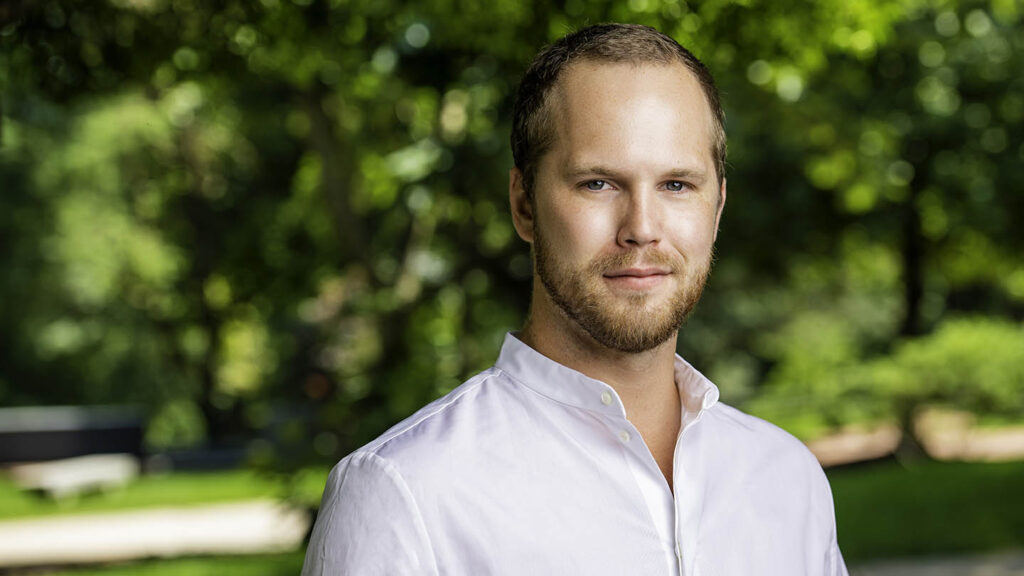Meet our new faculty: Ryan Mitchell
 Ryan Mitchell, assistant professor of English, joins Lafayette after completing his Ph.D. at Carnegie Mellon University and defending his dissertation, a rhetorical history of the early years of the HIV/AIDS epidemic.
Ryan Mitchell, assistant professor of English, joins Lafayette after completing his Ph.D. at Carnegie Mellon University and defending his dissertation, a rhetorical history of the early years of the HIV/AIDS epidemic.
Area of study: The intersections of the rhetoric of health and medicine, the rhetoric of science, public sphere theory, and sexuality studies. More specifically, the invention and circulation of vernacular responses to large-scale public health crises, with careful attention paid to how non-experts reckon with and act in the face of biomedical uncertainty.
Fall courses: The Rhetoric of Health and Medicine, and Conflict! Argument as Public Deliberation
On the impact of COVID: “The current pandemic has put into high relief some of the issues that I have been studying for years now. As someone who pays close attention to on-the-ground responses to large-scale, deadly health crises, I have been particularly interested in how both communities and governments establish prevention guidelines and what the reactions to those guidelines have been. I have also been extremely interested in the rejection of mask wearing. From a public health rhetoric standpoint, I am fascinated by how medical officials work to get non-experts to visualize the spread of invisible pathogens and understand risk when diseases have extended incubation periods. From a public rhetoric perspective, I’m intrigued by how quickly wearing masks has become a political issue and a matter of civil rights, especially as it relates to people feeling victimized by the insinuation that they might be asymptomatic carriers of a disease. Ultimately, COVID-19 underscores a truism within medical studies—epidemics inevitably galvanize paranoia. I’m currently in the beginning stages of a project that follows these paranoid reactions as they move from conspiracy pages to mainstream conservative talking points.”
On fostering inclusivity: “I think discussing institutional legacies of white supremacy and racism in the country is going to be a major conversation point that we all need to have. We’re going to be grappling with so many important but also really tough topics, and they all have to do with things that are hard. When talking about establishing a sense of community, it’s important for people to feel like they can be vulnerable to talk about their fears and anxieties surrounding COVID, as well.”
My moment of zen: “Because each day is relatively similar to the one before it, I have attempted to learn new skills that are procedural and require focused attention. While I’ve tried a few things, what’s really stuck is sewing. In April, I became enamored with historical sewing techniques and watched a ton of YouTube videos where people would break down stitches and patterning practices from preindustrial times. After watching these videos, I decided to try my hand at it. Along with hand sewing, I’ve recently bought myself a sewing machine so I can make more complicated things quicker. I’m still very much a novice, but I’ve made a handful of pillows, a few pairs of lounge pants, and am currently in the process of reupholstering some vintage chair cushions. I find that sewing helps me regain a sense of time because it forces me to plan a project step by step.”